Interview with Woo Chang-hoon, President of KOOHA, representing digital billboard advertising businesses in South Korea
Chang-hoon Woo, President of the Korea OOH Association, shares his outlook on the OOH advertising market for this year. He anticipates growth in the OOH advertising sector
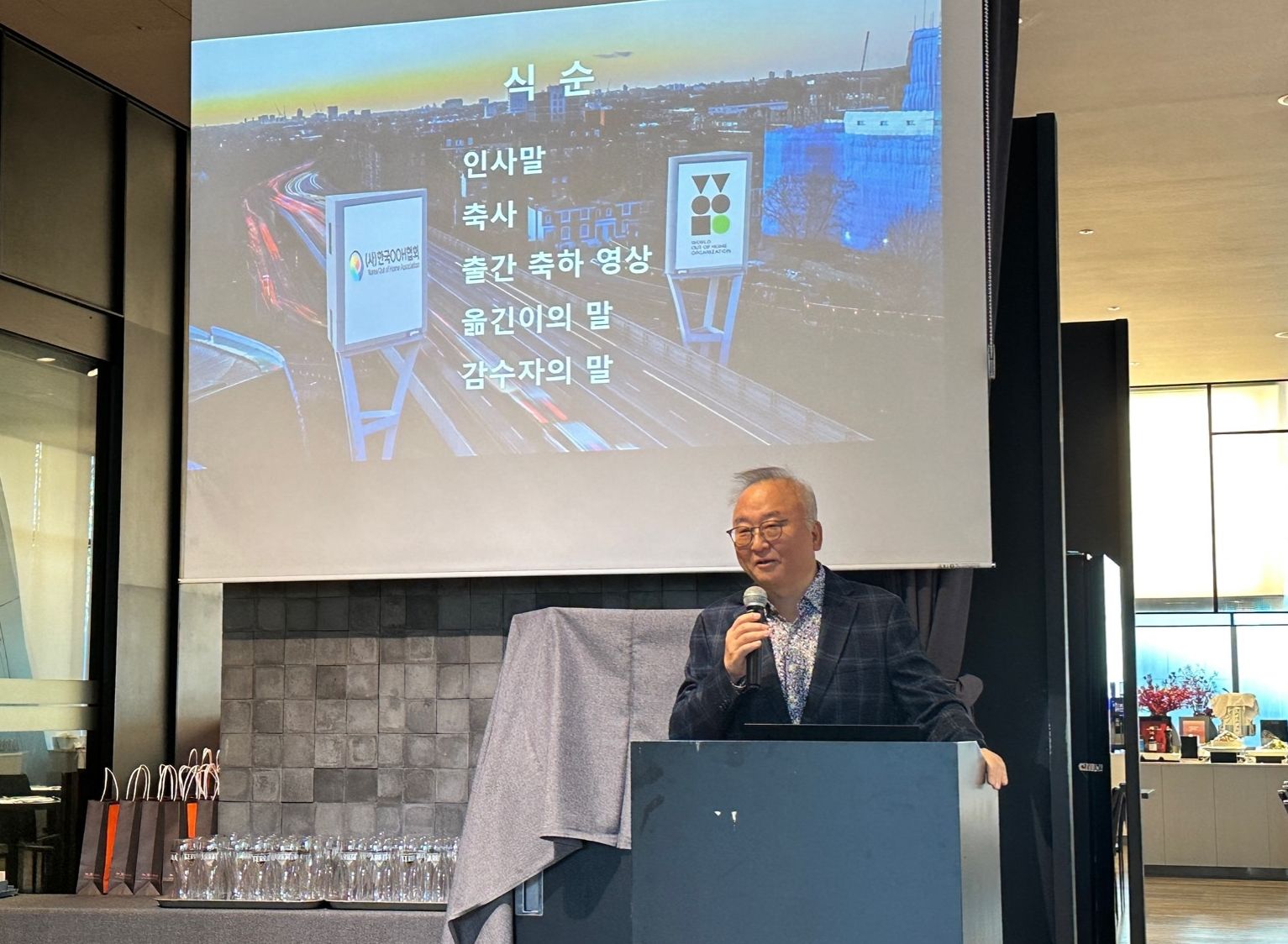
Chang-hoon Woo, President of the Korea OOH Association, shares his outlook on the OOH advertising market for this year. He anticipates growth in the OOH advertising sector, unlike other advertising media such as TV and newspapers, which are experiencing low growth. This growth is expected due to the diversification of the DOOH (Digital Out-of-Home) market and the supply of new media, including the second phase of free OOH advertising zones.
When asked about positive and negative factors in the market situation, Woo points to the emergence of various digital media due to DOOH market diversification, the evolution of OOH advertising effectiveness measurement systems, and the qualitative growth and globalization of the Korean OOH market as positive factors. On the negative side, he cites the lack of support for small and medium-sized businesses, intensifying monopolization by large corporations and media companies due to the large-scale nature of DOOH, and damage to businesses caused by arbitrary review standards of licensing authorities.
Regarding the survey results on industry experts' perceptions of free OOH advertising zones reported in the January issue of SP Today, Woo expresses that the data is vivid and accurately reflects the market understanding of business operators. He plans to develop comprehensive and practical solutions based on these survey results.
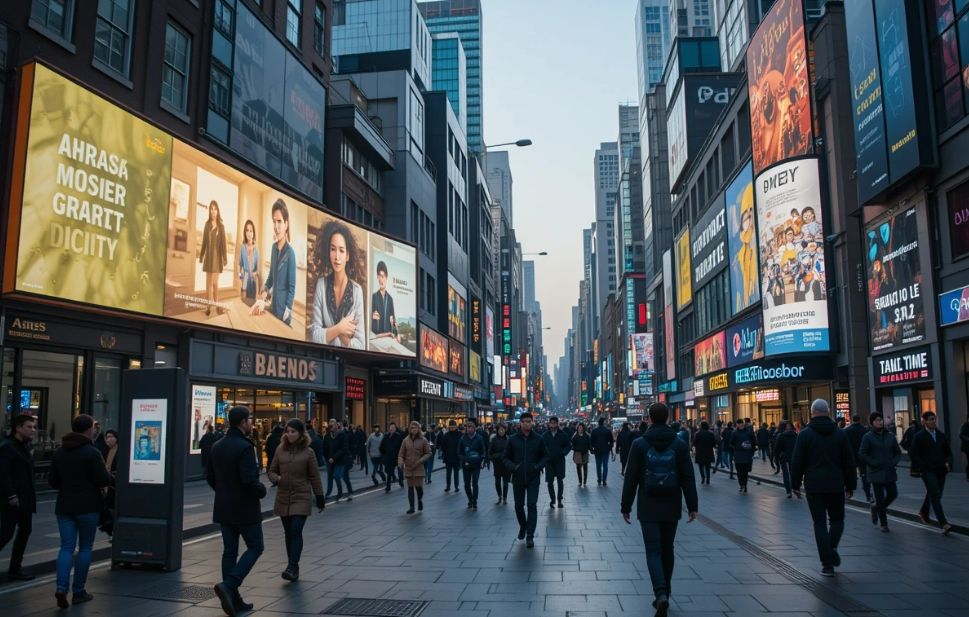
Woo discusses the progress of small and medium-sized businesses' participation in the second phase of free OOH advertising zones and the creation of win-win strategies between large and small-medium enterprises. He mentions that Seoul's Jung-gu has set a business volume allowing small and medium-sized enterprises to participate, resulting in 16 such companies investing in and conducting business for the first time $$1]. He is monitoring the progress in Jongno-gu, but notes that there is no specific content yet. He also notes the lack of win-win strategies in Haeundae, Busan, which is disappointing.
The Korea OOH Association plans to create a model that can substantially guarantee mutual growth based on the results of the win-win cooperation project in Jung-gu, Myeong-dong. They also plan to actively support business operators by relaxing media development and review criteria in relevant laws and regulations.
Woo expresses concern about premature discussions of a third phase when the second phase is still in preparation. He emphasizes the importance of market principles of supply and demand and warns against an excessive focus on digital media, stating that the OOH market is not just about digital and that diverse media should be developed to suit local characteristics $$1]. He cautions against a proliferation of ultra-large digital advertisements that could later become massive waste and cause environmental problems.
The association has directly secured the rights to the Myeong-dong Street media pole business to protect the business rights and survival of small and medium-sized operators. This move comes in response to the dominance of large corporations and major media companies in the free OOH advertising zone projects due to high installation costs.

Woo notes that Myeongdong is progressing the fastest with the submitted basic plan, and is being recognized as a model for fulfilling win-win cooperation plans for small and medium-sized businesses. He believes the slow progress and differing win-win plans in Gwanghwamun and Haeundae are due to a strategy of prioritizing large corporations, which he fears will exacerbate the gap between the rich and poor and hinder the normal growth of the industry $$1].
Woo concludes by emphasizing the importance of cooperation and mutual growth between large corporations and media companies in the growing DOOH market. He calls for collaboration among relevant public institutions, academic societies, associations, and individual companies to develop the industry.
He also mentions the association's goals for 2025, including strengthening the global position of Korean OOH advertising, hosting the WOO IN SEOUL (World OOH Organization Asia Forum) in November, establishing a Korean OOH Academy to educate students and young people, and advocating for legal and regulatory reforms.
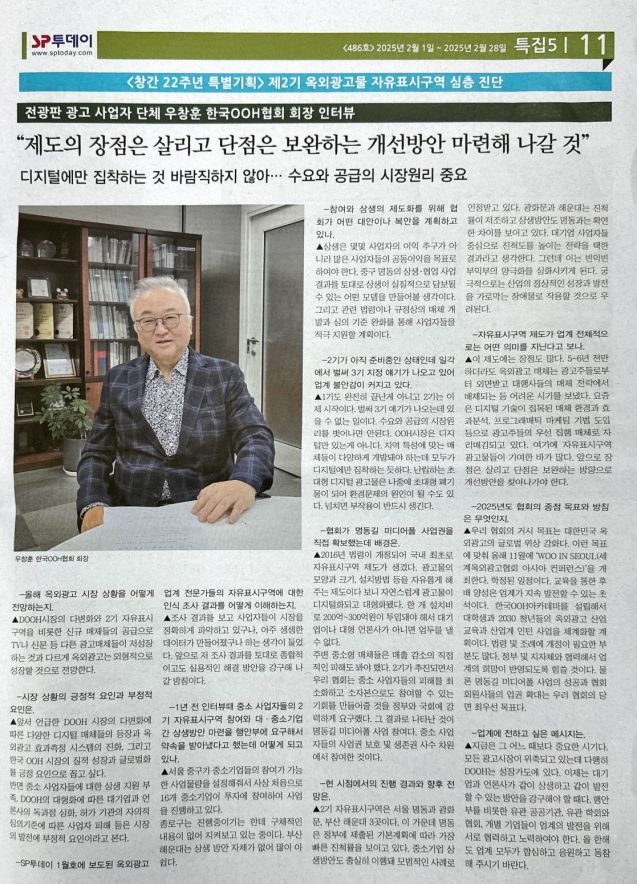
한국 최초 글로벌 옥외광고 뉴스레터
세계 옥외광고 뉴스를 편하게 이메일로 받아 보는 법!



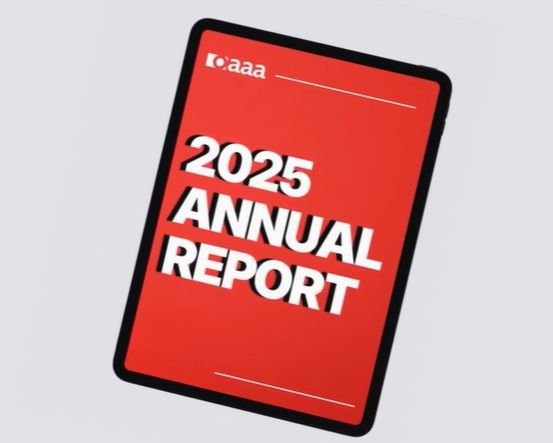
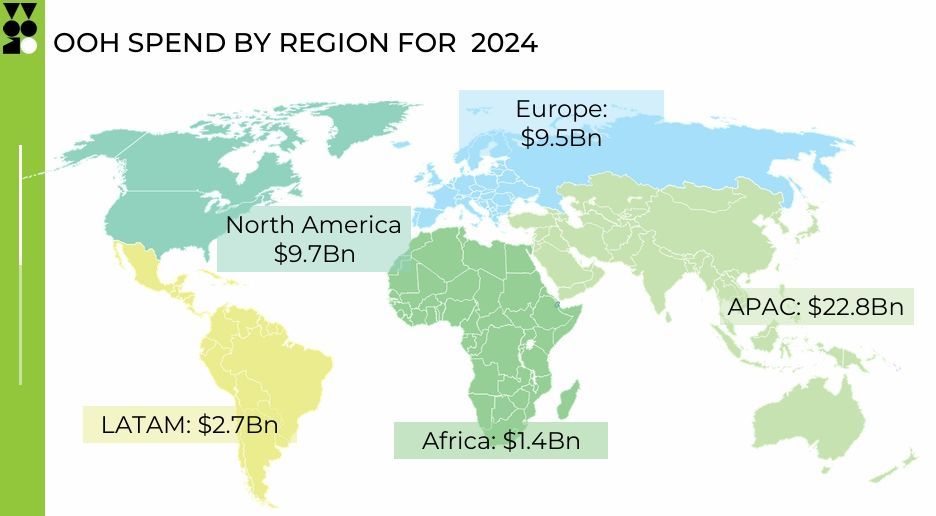
![[신간도서] NEXT OOH](https://cdn.media.bluedot.so/bluedot.oohnews/2025/06/wr0mf3_202506030151.JPG)
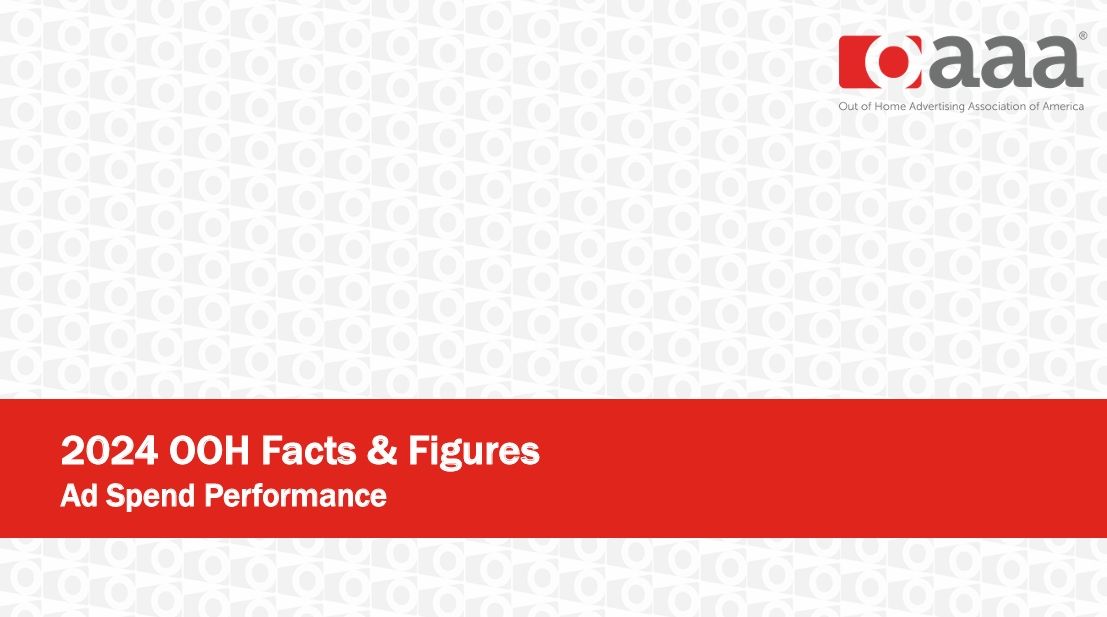
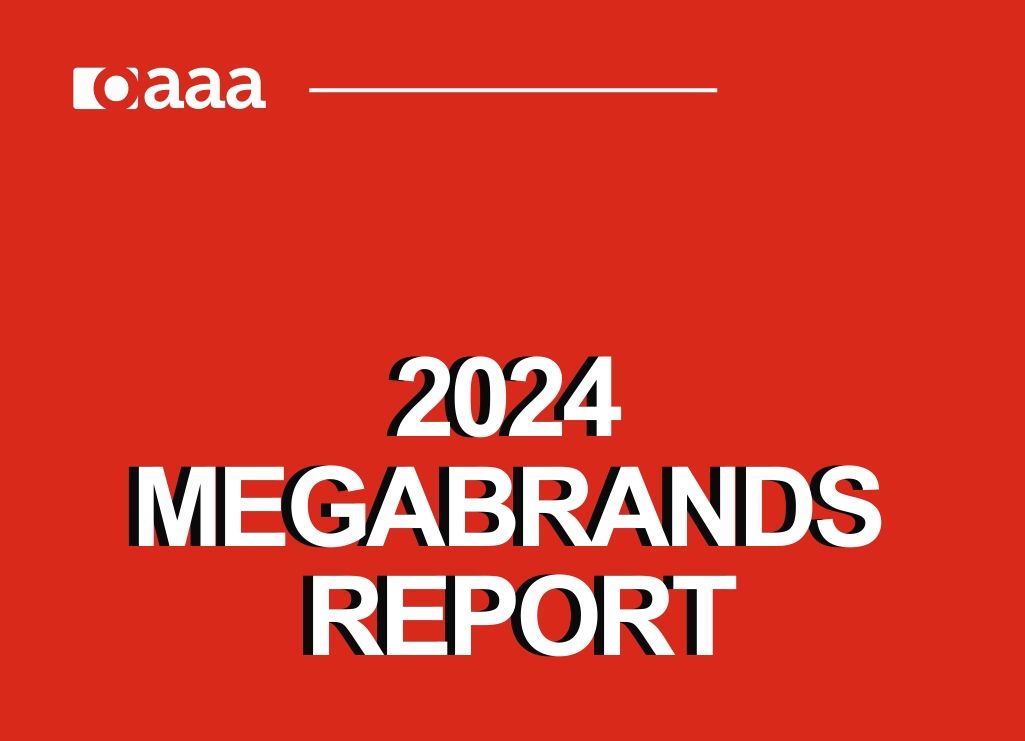
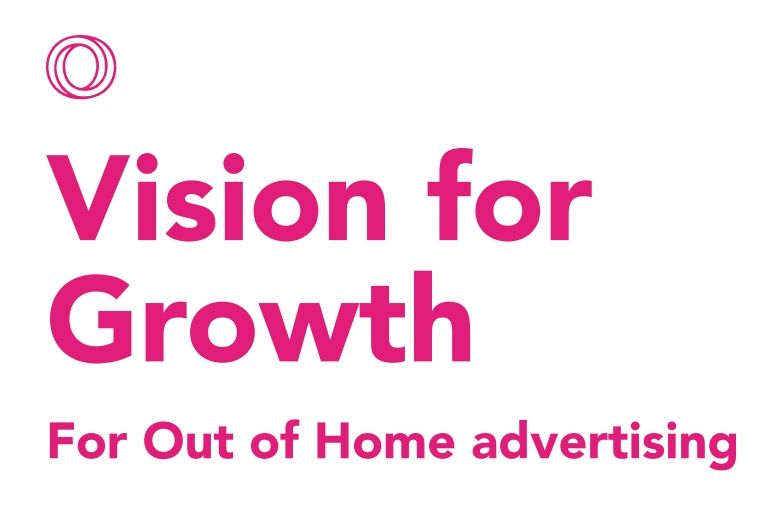
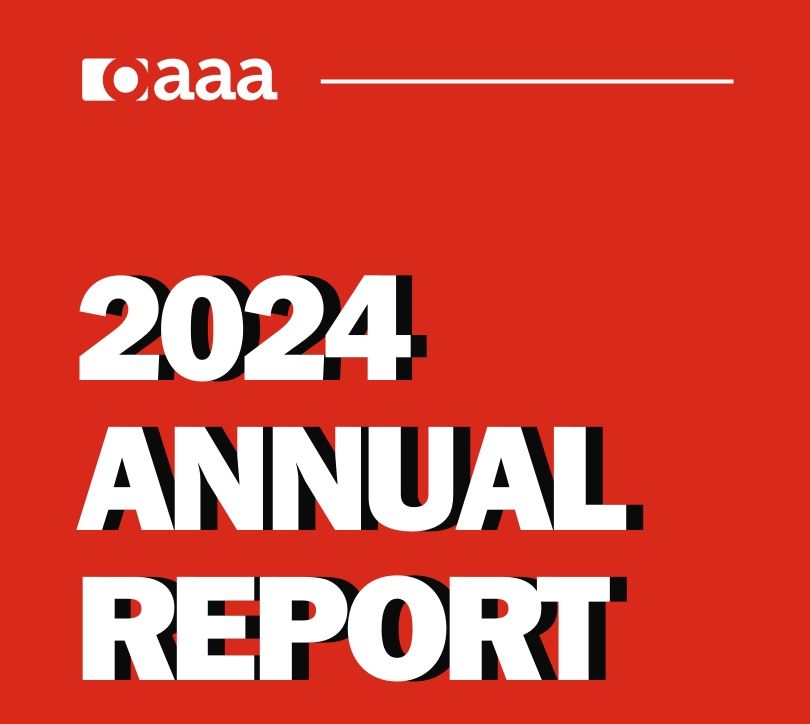
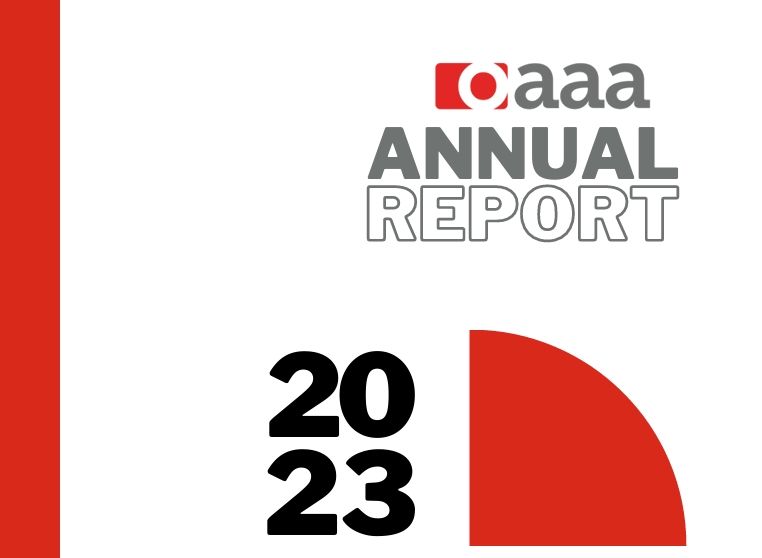
![[미국옥외광고협회] Out of Home Advertising Posts Record Third-Quarter Volume](https://cdn.media.bluedot.so/bluedot.oohnews/2024/11/2doqxb_202411220622.jpg)
